News

Apr 16, 2024
Huck Leadership Fellows selected for 2024-25
For the 2024-2025 academic year, Huck Institutes of the Life Sciences has appointed Associate Professor of Biomedical Engineering Scott Medina, Professor of Statistics Lingzhou Xue, and Associate Professor of Surgery Dino Ravnic to be Huck Leadership Fellows.
Full Article
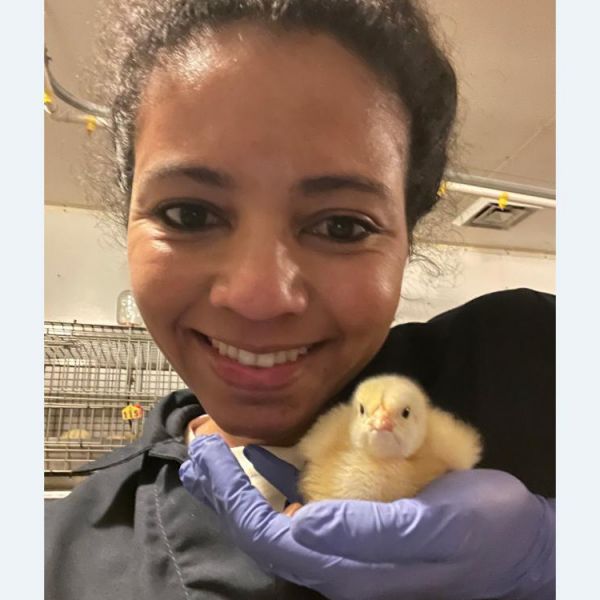
Apr 15, 2024
Probiotic feed additive boosts growth, health in poultry in place of antibiotics
Antimicrobial resistance is an increasingly serious threat for public health, and the use of antimicrobials in livestock feed has been a major contributing factor in the emergence and spread of antimicrobial resistance to many drugs, according to the U.S. National Institutes of Health.
Full Article

Feb 22, 2024
Anton Nekrutenko named Huck Chair in Genomics
Anton Nekrutenko, professor of biochemistry and molecular biology in the Eberly College of Science at Penn State, has been appointed as the first Dorothy Foher Huck and J. Lloyd Huck Chair in Genomics.
Full Article
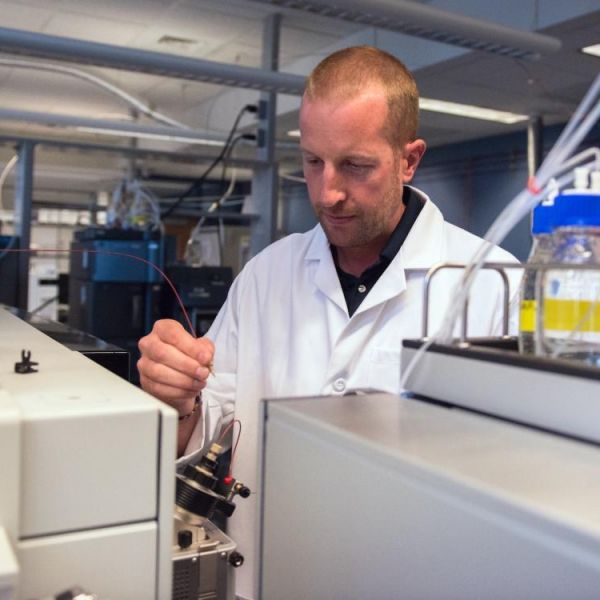
Feb 28, 2024
New role for bacterial enzyme in gut metabolism revealed
Bile acids long have been known to play a role in human metabolism. Synthesized from cholesterol in the liver, bile acids are involved in digestive processes, particularly in absorbing fat.
Full Article

Feb 16, 2024
Penn State biologist Tom Stewart honored with early-career investigator award
Thomas Stewart, assistant professor of biology in the Eberly College of Science at Penn State, has been honored with the 2024 W.M. Cobb Award in Morphological Sciences by the American Association for Anatomy
Full Article

Feb 15, 2024
Lab Bench to Commercialization 2024 grant recipients announced
Four projects led by researchers in the Penn State Eberly College of Science have been selected to receive Lab Bench to Commercialization (LB2C) grants in 2024
Full Article

Feb 15, 2024
Penn State molecular biologist Joseph Reese named distinguished professor
Joseph Reese, professor of biochemistry and molecular biology, has been selected to receive the title of Distinguished Professor of Biochemistry and Molecular Biology
Full Article
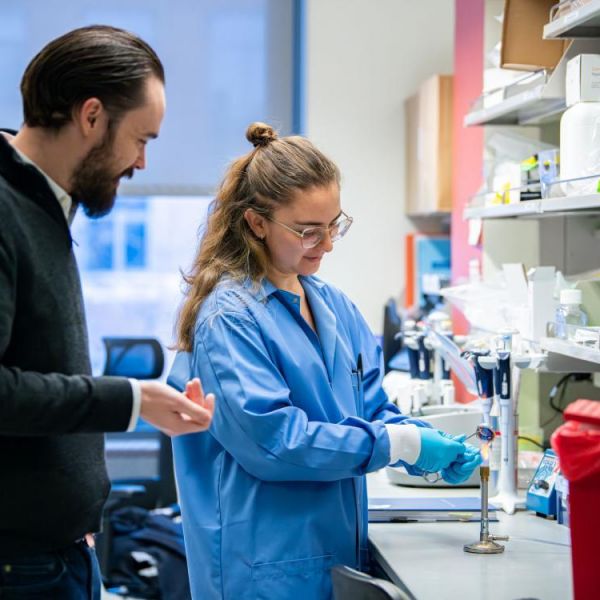
Feb 06, 2024
$1.9M NIH grant to support research on impacts of the microbiome on human health
To help understand how complex communities of microbes impact human health, the National Institutes of Health’s National Institute of General Medical Science has awarded a five-year, $1.9 million Maximizing Investigator’s Research Award to Jordan Bisanz
Full Article
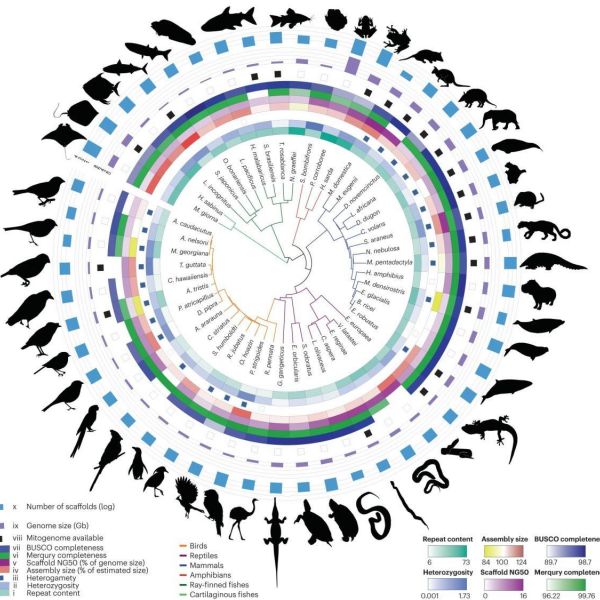
Feb 05, 2024
Researchers assemble 51 animal genomes using publicly accessible workflows
Using a new set of tools, an international research collaboration including scientists from Penn State, Rockefeller University and Johns Hopkins University have reconstructed genetic blueprints for 51 species.
Full Article
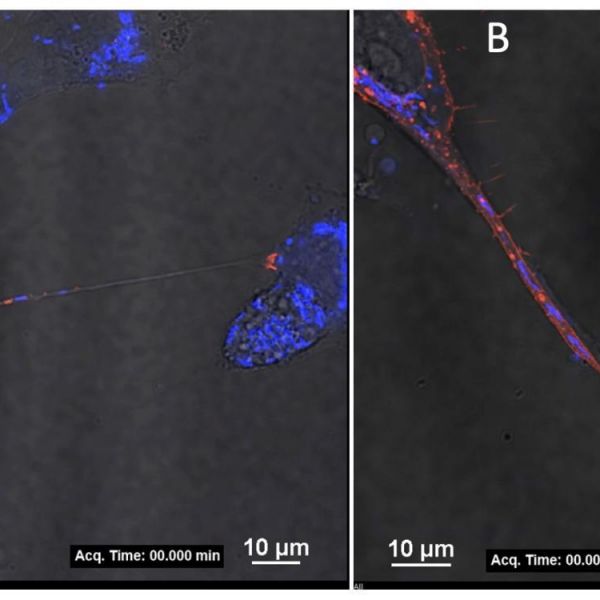
Feb 06, 2024
How does Zika virus replicate and transmit from mother to fetus?
In 2015, an outbreak of Zika virus, driven by a heavy rain season and subsequent boom in the virus’s host mosquito population, caused thousands of babies in Brazil to be born with severe birth defects.
Full Article